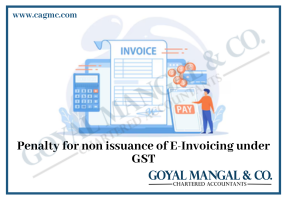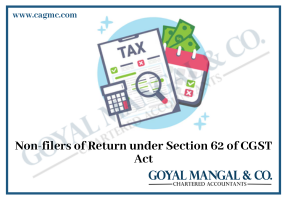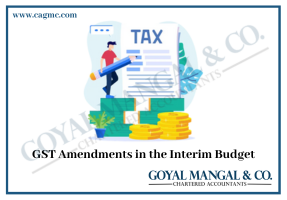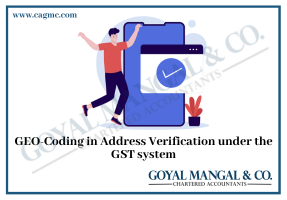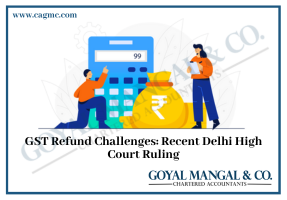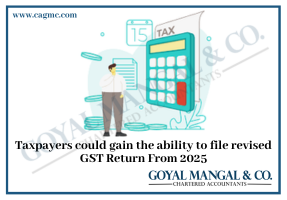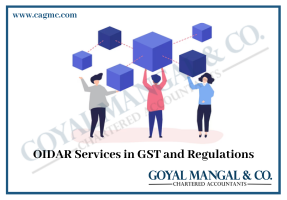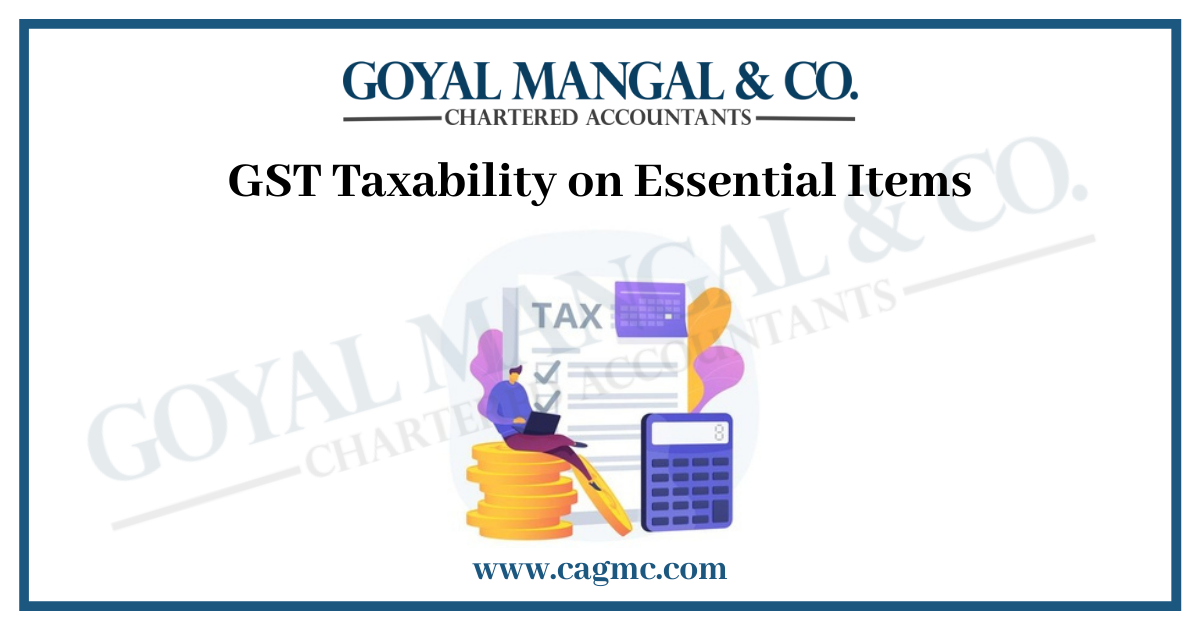
The GST is perhaps the largest tax-related change in India since gaining independence that brings uniformity to the tax structure and removes the payment of taxes levied in the past. The GST Council meets from time to time to review GST prices for various products. Several states and industries commended the deduction of GST tax rates on various issues discussed at these meetings. Let us have a detailed discussion on GST taxability on essential items.
|
Table of Contents- |
Types of GST

GST Tax rate slab
| Tax Rates | Name of products |
| 0.25% | Cut and slightly polished stones are placed under this tax slab. |
| 5% | Household necessities such as edible oils, sugar, spices, tea, and coffee (unless immediate) are included. Coal, Mishti (Indian sweets), and life-saving drugs are also covered under this GST slab. |
| 12% | Computers and processed foods |
| 18% | Hair oil, toothpaste, and soap, large goods and industries intermediaries are covered in this slab. |
| 28% | Luxury items such as small cars, durable consumer goods such as AC and refrigerators, luxury cars, cigarettes, and cold beverages, High-end motorcycles are included here. |
GST taxability on essential items
Even though suitable for eating foods which includes sugar, tea and coffee are included inside the five% slab, milk does now not attract any tax underneath the new GST regime. The idea of this is to ensure that basic food is available to everyone but fast food is released in this category.
- Basic household items such as toothpaste and hair oil will be taxed only 18% (which currently attracts 28% tax).Sweets will also be taxed at 5%.
- Coal tariffs have also been reduced from 11.69% to 5% just to reduce pressure on the electricity industry.
- GST also provides significant impetus to domestic industries as they will be able to obtain seamless installation credit for large assets. The Make in India campaign is expected to flourish after this change.
The government has suggested a 4-stage tax framework on all goods and services under different slabs- 5%, 12%, 18%, and 28%. Following a recent review of GST standards, these are assets that fall under the four tax categories and those that do not deduct any taxes. Please note that only those assets included in this list have had their rates reviewed at various council meetings.
No tax list

GST for cars
After putting cars under the GST regime, the GST level for cars is set at 28% for all personal use vehicles with petrol or diesel engines. However, in addition to the GST, the nomination fee also applies to vehicles above the GST Standard. Thus the total tax rate applicable to vehicles under GST ranges from 29% to 50%. Low tax rates, however, apply to vehicles driven by clean technology such as fuel cells (including hydrogen fuel cells) and electric vehicles.
GST in gold
After the introduction of GST in gold objects such as gold jewelry, the current GST level in gold is 3%. However, 5% of GST is effective in making payments for gold jewelry if production is given to a working employee. This, however, may be levied on the jeweler as an input tax credit (ITC) and only use a 3% GST levy on the final payment paid by the gold jewelry consumer.
GST in Real estate
GST only applies to real estate if you are buying property. The GST rate applicable to such commercial or residential activities is 12% as of 31 March 2019. As of April 1, GST real estate prices will be 5% for affordable housing and 1% for affordable housing. No GST is valid when you buy ready to move. In addition, different GST values apply to the various building materials used in the construction of houses/apartments. This can be from 5% (sand, marble debris, etc.) to 28% (cement, etc.).
GST in food
Food items especially fresh foods usually have a Nil GST level. However, packaged foods and processed foods include GST values ranging from 5% to 18%. Although there is currently no food included in the 28 GST top brackets, 18% of the GST applies to certain common food products such as chocolates and baked goods.
Upcoming Products at GST Rates Slab
The government is continuing with new strategies to bring some of the products under the GST system. As mentioned by the former Finance Minister, the late ArunJaitley, there may be product placement under GST and lowering GST standards in some products. Major products under the GST rates slab include:
- Petrol Products – Petrol and diesel
- Land
- Electricity
- Others
The Impact of GST Rates on the Economy
As GST transformed the economy at a high rate. It is a game-changer in the Indian economy as it brings the right amount of goods and services considered under a single tax system. Listed below are some of the key implications of GST estimates for the Indian economy:
- Increased Competition: After GST was set, there was a decline in prices for goods and services that brought the last buyer with less tax burden on goods and services. It is evident that a large sector of increased production, thus, increased competition.
- Simple Tax Structure: GST has simplified the calculation of taxes by adopting a single tax system. Under this, many tax deductions are waived which saves time and money.
- Uniform Tax Regime: Previously, there was a lot of taxation in all sections of the supply chain, where the taxpayer was confused. But now, with GST, it is easier for a taxpayer to pay the same tax.
- Export Increase: There was a decline in production costs after GST was introduced. This return has brought competition to the international market leading to an increase in exports.
Final words
It is important to emphasize the startling decisions of tax authorities to import important products within the GST regime, which could create a financial burden on consumers. In addition, the tax-related uncertainty in products has caused businesses to lose confidence, due to uncertainty and high penalties.
Therefore, to grow the economy and provide adequate financial assistance to consumers in the post-epidemic period, we must not pressure participants and remove the ambiguity and uncertainty from the GST government, by adopting a consensus plan of brand names while reading the list of products released on GST.
